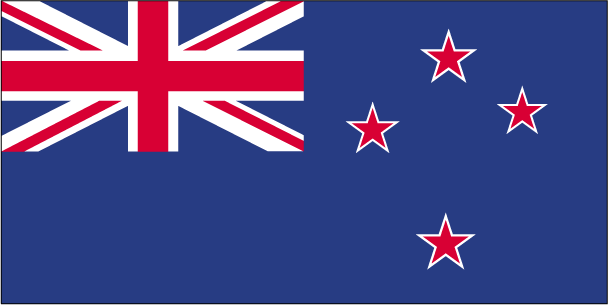
Relationships & Communication
. New Zealanders can be somewhat reserved, especially with people they do not know.
. Once they develop a personal relationship, they are friendly, outgoing and social.
. Do not appear too forward or overly friendly.
. They respect people who are honest, direct, and demonstrate a sense of humour.
. They trust people until they are given a reason not to.
. If this happens in business the breach will be difficult to repair and business dealings may cease or become more difficult.
Business Meeting Etiquette
. Appointments are usually necessary and should be made at least one week in advance by telephone, fax or email.
. It is generally easy to schedule meetings with senior level managers if you are coming from another country if the meeting is planned well in advance.
. It can be difficult to schedule meetings in December and January since these are the prime months for summer vacation.
. Arrive at meetings on time or even a few minutes early.
. If you do not arrive on time, your behaviour may be interpreted as indicating that you are unreliable or that you think your time is more important than the person with whom you are meeting.
. Meetings are generally relaxed; however, they are serious events.
. Expect a brief amount of small talk before getting down to the matter at hand.
. If you make a presentation, avoid hype, exaggerated claims, hyperbole, and bells and whistles. New Zealanders are interested in what people 'can do' not what they say they can do.
. Present your business case with facts and figures. Emotions and feelings are not important in the New Zealand business climate.
. Maintain eye contact and a few feet of personal space.
Negotiations
. The negotiating process takes time.
. Do not attempt high-pressure sales tactics.
. Demonstrate the benefits of your services or products rather than talking about them.
. Start your negotiations with a realistic figure. Since this is not a bargaining culture, New Zealanders do not expect to haggle over price.
. Kiwis look for value for their money.
. Do not make promises you cannot keep or offer unrealistic proposals. Kiwis do not generally trust people who have to oversell!
. They are quite direct and expect the same in return. They appreciate brevity and are not impressed by more detail than is required.
. Agreements and proposals must state all points clearly. All terms and conditions should be explained in detail.
. Stick to the point while speaking.
. Kiwis appreciate honesty and directness in business dealings.
Most shops and businesses open their doors at 9am and close at 5.30pm Monday to Friday, and either 12.30pm or 5pm on Saturday. Late-night shopping (until 9pm) happens in the larger cities on Thursday and/or Friday nights; Sunday trading is the norm in most big towns and cities. Supermarkets are usually open from 8am until at least 7pm, often until 9pm or later in cities. Dairies (corner stores) and superettes (small supermarkets) close later than most shops.
Banks normally open from 9.30am to 4.30pm Monday to Friday (some city branches also open on Saturday mornings). Post offices are open 8.30am to 5pm Monday to Friday, with main branches also open 9.30am to 1pm Saturday; postal desks in newsagencies (Take Note, Paper Plus) often open later.
Restaurants typically take orders until at least 9pm but often serve food until 11pm or later on Friday and Saturday nights; the main restaurant strips in large cities keep longer hours throughout the week. Cafés sometimes open as early as 7am and close around 5pm, though café-bar hybrids push the envelope well into the night. Pubs usually serve food from noon to 2pm and from 6pm to 8pm. Pubs and bars generally start pouring drinks at noon and stay open until late, particularly from Thursday to Saturday.
Don’t count on many attractions being open on Christmas Day or Good Friday.